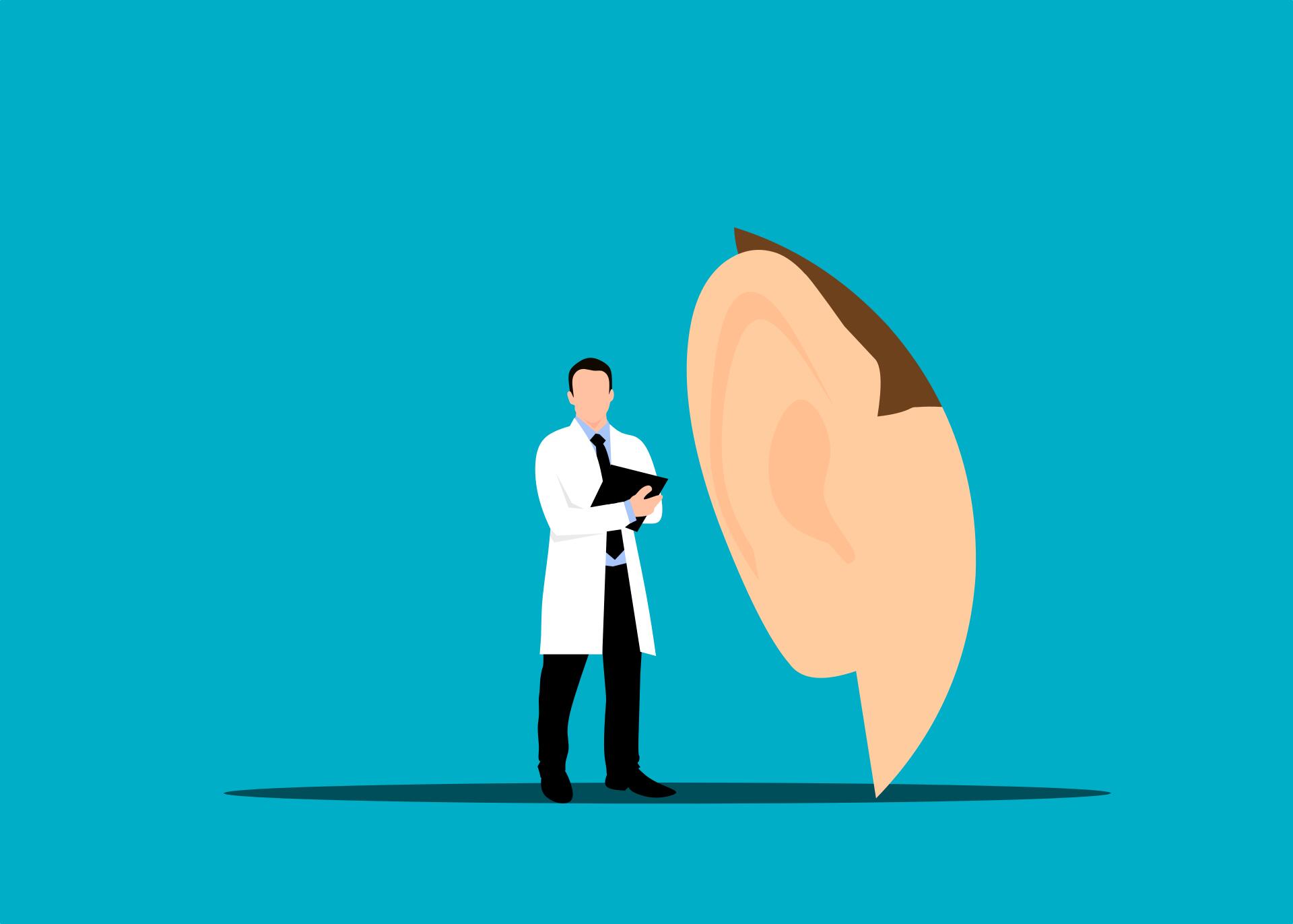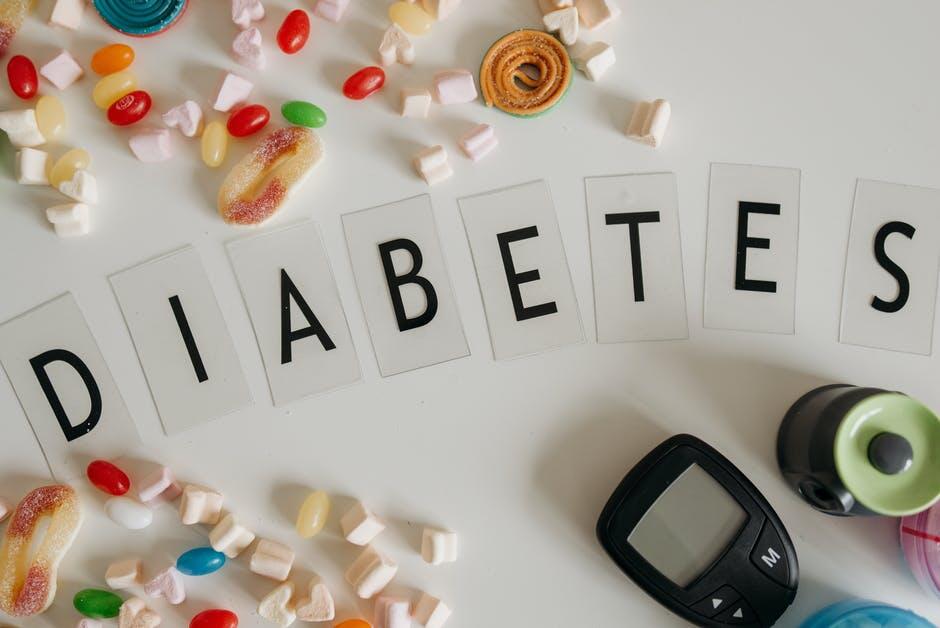
What Causes an Itchy Bruise and How to Treat It Effectively

According to the American Association for the Surgery of Trauma, injuries are highly prevalent; in the United States alone, over 3 million non-fatal injuries occur yearly.
While most injuries aren’t life-threatening, they can still cause unpleasant symptoms, such as an itchy bruise. Itchy bruises usually don’t require doctors’ intervention, but you shouldn’t ignore them, especially if they itch so badly that you constantly scratch them. Doing so can open up yourself to more wounds and even possible infections.
To that end, our team at Kiwi Drug put together this informative guide. Read on to discover the top causes of itchy bruises and how to treat them.
Causes of an Itchy Bruise
A bruise (also called “contusion” or “ecchymosis” in medical terms) occurs when blood vessels underneath the skin sustain damage due to trauma or injury. The injured vessels leak blood internally, causing the skin to become discolored, with colors ranging from:
- Black
- Blue
- Purple
- Brown
- Yellow
An excerpt from a study published in the National Library of Medicine explains that the body’s healing begins immediately after sustaining damage. The process involves repairing injured or replacing missing tissue and restoring the epithelial layer. Substances like immune cells play a role in this healing.
Part of the healing process is the release of histamines. Histamines are naturally occurring chemicals that are typically part of the body’s immune and inflammation response. As the American Academy of Allergy, Asthma & Immunology points out, histamine triggers itchiness.
So, itchy skin and bruises can go hand in hand as the body heals itself.
Another potential reason for itchy bruises is an increase in bilirubin levels. Bilirubin, a yellowish pigment produced when red blood cells break down (such as in a healing bruise), may cause itchiness.
Dry skin may also be a culprit. Some people who develop a bruise may avoid applying moisturizers on the damaged area, given that contusions can feel tender and sore. However, this leaves the skin prone to dehydration, making the bruised skin feel itchy.
How to Relieve Itchy Bruises
No matter how small or minor they may seem, you should never disregard itchy bruises because they can raise your risks for secondary conditions, such as wounds (for instance, due to scratching) and infections. Remember: the skin is home to about 1,000 bacterial species alone, per LibreTexts.org. Repeated scratching can lead to open wounds that these bacteria can then invade.
So, before any of that happens, consider following these treatment tips and home remedies for bruises.
Care for Your Bruise
Whether your bruise itches now or not, your first order of business should involve treating the injury with the first aid method known as RICE.
RICE stands for and involves:
- R for Resting: Avoiding activities that put more stress on the injured and bruised area
- I for Icing: Applying a cold or ice pack wrapped in a clean cloth for 15 to 20 minutes at a time, a few times a day (for the first 24 to 48 hours after the injury)
- C for Compression: Wrapping the injured area with an elastic bandage to help minimize swelling (be careful not to wrap it too tightly!)
- E for Elevation: Raising the bruised area above heart level to help ease swelling
After the first two days following the injury, you can switch from cold to heat. You can apply a warm compress on the bruised area for several minutes daily. It can help promote blood flow and heal the damaged blood vessels.
If your itchy bruises feel painful and you also have sore muscles, consider taking over-the-counter (OTC) pain relief medication. Examples are NSAIDs like ibuprofen and naproxen, which you can also take for tooth pain relief.
Shower With Cool or Lukewarm Water
Opt for cool or lukewarm showers during the first few days following your injury. They can help minimize or, at the very least, prevent further inflammation.
Showering or bathing with hot water may feel nicer. However, the heat can promote circulation, which could induce more swelling, especially if done immediately after an injury.
Also, hot water may cause your bruise to itch more, as it may strip the skin of its natural oils. The heat may cause the skin to feel tight and induce itchiness.
Another tip is to use gentle soap when showering. You may also want to avoid soaps or shower gels with strong fragrances, which may cause further irritation and itchiness.
Moisturize Your Skin
After showering, apply a gentle moisturizer, ensuring that you gently put some on the bruised area, too. Moisturizers can help keep your skin supple and hydrated, preventing itchiness and dryness in your hands, legs, and bruised areas.
Like bath soaps and shower gels, you should also use gentle moisturizers. If possible, opt for products with little to no fragrances.
Do You Need a Doctor for Itchy Bruises?
Most itchy bruises heal without medical intervention. However, if you experience any of the following, it may be best to schedule an appointment with your doctor:
- Itchiness that worsens
- Itchy bruises that don’t subside or improve after a week or two
- Signs of infection, such as continued or worsening swelling and redness
- Significant pain or pressure in the bruised area
The above signs and symptoms may indicate an underlying condition that requires prompt diagnosis and specialized treatment. For example, some skin conditions, such as atopic dermatitis or eczema, may cause itchy skin and bruises. Certain medications and blood disorders may also be culprits.
In such cases, the best, safest way to know for sure is to seek professional advice.
Find Relief for Itchy Bruises Today
An itchy bruise, which can result from the body’s healing process or dry skin, isn’t usually a cause of significant concern. However, you shouldn’t ignore it altogether, as it can be uncomfortable and make you more prone to scratching, raising your risks for open wounds and infections.
Don’t let that happen. Instead, follow our itchy bruise treatment tips and home remedies.
Are you ready to use products to help with itchy bruises and general skin care? If so, shop with Kiwi Drug! We’re your highly trustworthy online chemist, backed by a large pharmacy in business for over 40 years.
Start shopping for topical skin care products now; we’ll help you save 50% or more on your local drugstore prices!
REFERENCES AND SOURCES:
- https://www.aast.org/resources/trauma-facts
- https://pubmed.ncbi.nlm.nih.gov/30085506/
- https://www.aaaai.org/tools-for-the-public/conditions-library/allergies/what-makes-us-itch
- https://bio.libretexts.org/Bookshelves/Microbiology/Microbiology_(Boundless)/15%3A_Diseases/15.18%3A_Microbial_Diseases_of_the_Skin/15.18B%3A_Microbiota_of_the_Skin
- https://www.kiwidrug.com/blog/2025/01/best-otc-for-tooth-pain-top-relief-options-and-remedies/
- https://www.kiwidrug.com/blog/2024/12/why-are-my-hands-so-dry-causes-and-solutions-uncovered/
- https://www.kiwidrug.com/topical/
Related Posts

